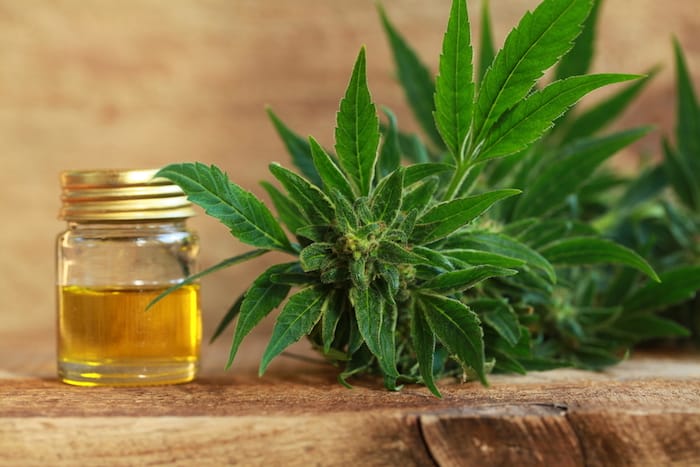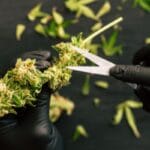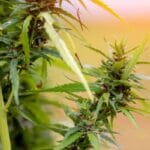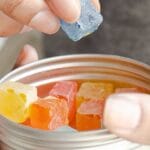CBD and cannabis have seen tremendous levels of growth and interest over the past few years as an emerging medical treatment. So much so that these products are now becoming part of mainstream culture as many states begin to relax their cannabis laws. Along with the avid interest though, there needs to be education on proper use and efficacy, so that consumers understand the possible medicinal benefits for pain, sleep, anxiety, inflammation, and disease.

According to Dr. Jordan Tishler, CEO of inhaleMD, CBD as a pharmaceutical has been proven to be effective as a seizure medication for children with rare genetic seizure disorders (Dravet’s and Lennox-Gastault syndromes). Beyond that, there is very little evidence that CBD does anything. “People seem to take CBD for all sorts of things: sleep, pain, and anxiety being the most common. However, scientific data actually contradict use for sleep, and are inconclusive for pain and anxiety,” he adds.
However, not all experts agree about CBD’s use. For example, Chase Terwilliger, CEO of Balanced Health Botanicals, including its flagship brand CBDistillery, says that for some people, CBD may help with sleep, appetite, immune, pleasure, pain, inflammation and much more. “CBD impacts the Endocannabinoid system, which is the system that helps regulate certain vital functions of the body,” he says. “Based on data collected from a CBDistillery customer survey of 1,900 respondents, CBD’s wellness potential can help target symptoms like relief, relaxation, sleep and inflammation.”
There are many ways someone can take CBD. While CBD oils, softgels, gummies, and topicals are common, there are also powders that can be cooked or baked with. In fact, you can even add a CBD powder to your morning coffee or smoothie, says Terwilliger. One of the most popular ways to use CBD is to ingest it. Tishler contends that most people use it as a liquid often inappropriately called oil. “They often put it under the tongue, but we know that is not effective.”
But at least most healthcare professionals agree that generally speaking, CBD is not harmful by itself. “However, there are many conventional medications with which it can interact, sometimes quite dangerously,” Tishler cautions. For example, at high doses, those CBD products that might actually work (based on the few scientific studies), can potentially cause liver toxicity. “It may well be that CBD would be more generally useful at those doses, but is too toxic and more research is needed,” he notes.

It may be reassuring to know that one cannot lethally overdose on CBD. Terwilliger recommends beginning with a small dose of CBD and to work your way up to a comfortable point. “CBD and other cannabinoids such as CBN and CBG are known to be non-toxic, with no known fatal overdose levels ever reported–dosage is entirely dependent on your biological makeup and tolerance to CBD.”
Tishler agrees that CBD also does not cause any intoxication, but warns that at high doses it may interact or be directly toxic. ”At lower doses, it’s the Emperor’s New Clothes–while CBD has become widely available, it should not be used without consulting a knowledgeable cannabis specialist,” he says.
One issue that Terwilliger hopes to advocate about the industry is product transparency. “Product transparency is very important within our industry,” he says. “For example, our CBDistillery products go through our rigorous quality assurance process which includes five ‘third party’ tests.”
Finally, Terwilliger recommends if you don’t feel comfortable with self-dosing (such as with CBD tinctures, vapes, topicals, etc.) try a CBD product that has a pre-dosed amount of CBD that you prefer: CBD gummies, softgels, capsules, etc. “Pre-dosed CBD can be especially useful for first-time users who have never tried cannabidiol products,” he adds. Tishler concludes that one thing is clear, “the few studies that are positive were done in mice, not humans, and require vast doses in excess of what’s commonly available and being used by those who are singing its praises.”







